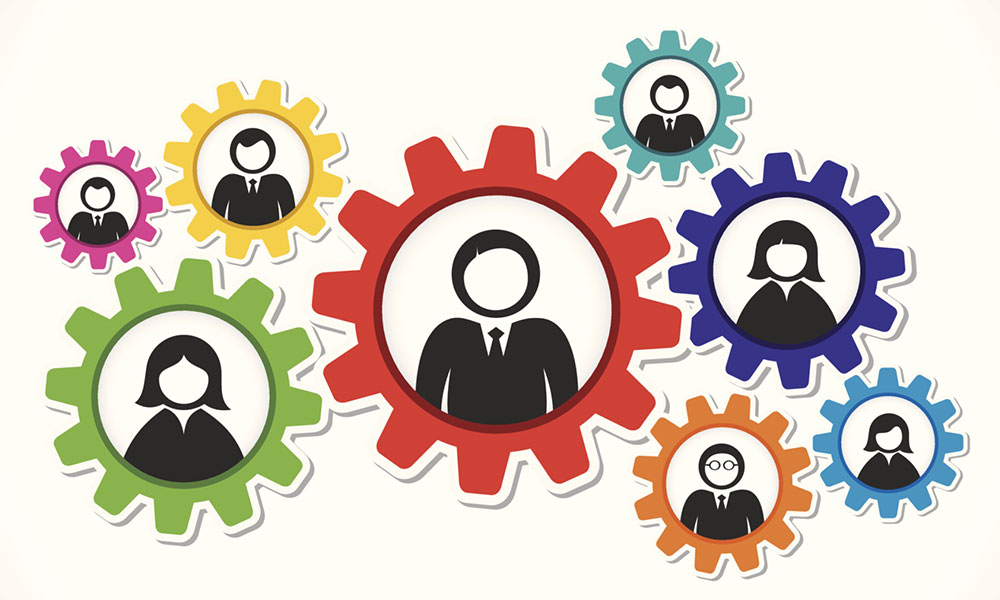
Putting the Team in Teamwork: How Groups Can Perform Better
MIT researchers have identified three characteristics of top-performing teams. Find out what they have in common and how you can build those attributes into your next team project.
There’s research making the rounds that suggests having women on teams makes for smarter teams.
While women aren’t the only variable leading to smarter groups, researchers at the Massachusetts Institute of Technology pointed out in a New York Times op-ed that it is women’s ability, on average, to “mindread” better than men that makes them advantageous in group work.
The two other attributes of smarter groups the MIT researchers identified included equal contribution to group discussions (i.e., not one or two people dominating) and, on average, group members who exhibit higher emotional and people reading skills—measured by scores on the Reading the Mind in the Eyes test, which quizzes how well people can read emotional states by analyzing photographs of other people’s eyes.
Studies have shown EQ is more important than your knowledge, skills, or position in terms of success.
“What makes teams smart must be not just the ability to read facial expressions, but a more general ability, known as ‘Theory of Mind,’ to consider and keep track of what other people feel, know, and believe,” the researchers wrote.
In other words, as Derek Thompson at The Atlantic put it, “EQ trumps IQ,” when it comes to group performance. EQ being one’s emotional quotient—a measure of an individual’s ability to read, understand, and empathize with other’s emotions.
Given the importance of teamwork—and the prevalence of its dark alter-ego, groupthink—in today’s working environments, these findings present an interesting way of looking at how people form and operate within teams.
First, there’s the idea that some groups are smarter, or better performing, than others—a finding the same MIT researchers identified in previous research and termed “collective intelligence.”
And second, there’s the idea that “collective intelligence” is not based on the individual smarts each member of the group brings to the table but rather is correlated more with the overall emotional intelligence of the group.
The value of EQ over IQ was echoed several years ago by former association CEO Karen Tucker Thomas, CAE, in an ASAE newsletter article [member login required] aimed at association executives.
“EQ is a foundational competency that supports all other competencies,” she wrote. “Imagine a pyramid with emotional intelligence as the foundation, followed by knowledge, skills, and competence, with your position being at the top. Studies have shown EQ is more important than your knowledge, skills, or position in terms of success.”
Meanwhile, in his “Ten Steps to a High-Performing Team,” [ASAE login required] executive coach Marshall Brown pointed to similar research that illustrated the value of social sensitivity in groups, including the importance of “recognizing that emotions drive behavior.”
“Neuropsychology and neurophysiology research during the past few years has made a strong case that, as humans, we feel before we think,” Brown wrote. “Most team leaders and members tend to be selected for their technical competency and areas of expertise; yet, as researchers such as Daniel Goleman have demonstrated, emotional intelligence is often the ultimate key to success.”
Brown also recommended establishing an open environment, building a team identity, and ensuring all group members are given equal opportunities to weigh in on discussions.
As a side note, in addition to its benefit to teamwork and personal success, EQ might also translate to higher pay. A recent study from the University of Bonn found that people who displayed more emotional intelligence than their colleagues were more likely to earn more.
How do you find that emotional intelligence helps when working in teams? Let us know in the comments.
(iStock/Thinkstock)






Comments